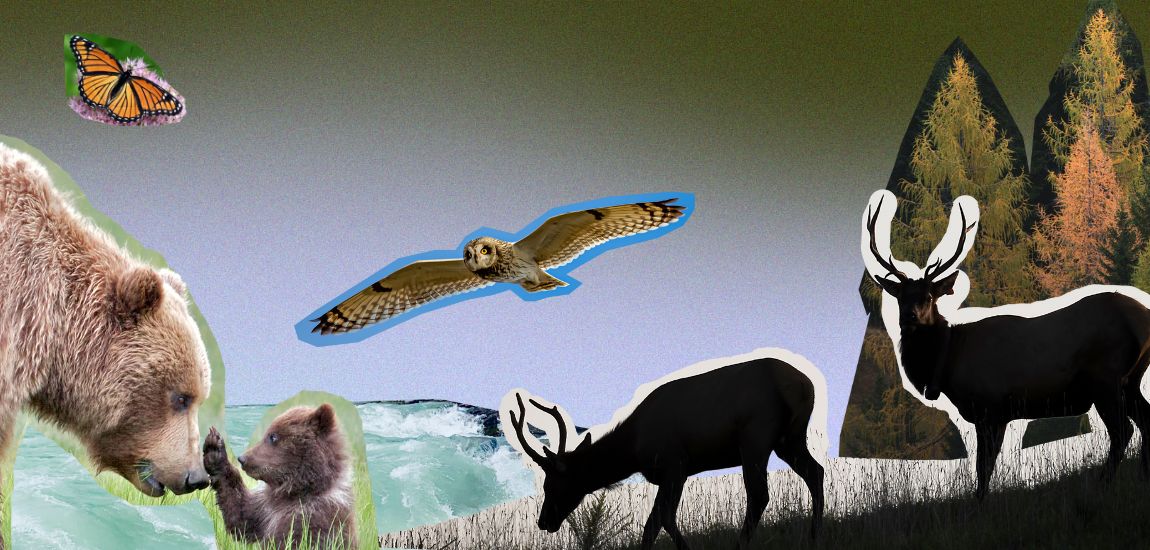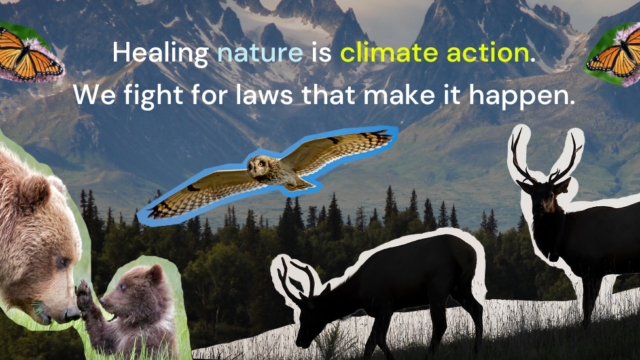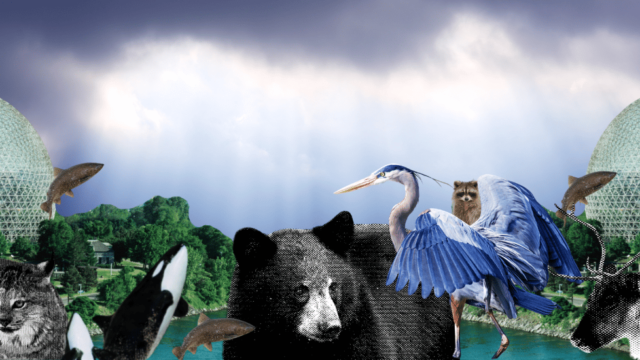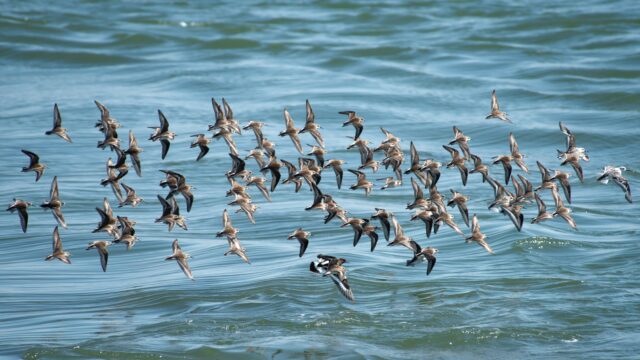OTTAWA/TRADITIONAL, UNCEDED TERRITORY OF THE ALGONQUIN ANISHNAABEG PEOPLE – Ecojustice applauds the Government of Canada’s formal commitment to introduce a federal nature accountability bill in 2024. The group says the announcement, made by federal Minister of Environment and Climate Change Steven Guilbeault at COP28, is an important step that could help put Canada on the path to halting and reversing nature loss and achieving its international biodiversity commitments.
The announcement comes a year after Canada hosted COP15, the United Nations Biodiversity Conference, where 196 countries brokered the landmark Kunming-Montreal Global Biodiversity Framework (GBF). The GBF sets out an ambitious plan to restore nature, including a commitment to protect 30 per cent of lands and oceans by 2030.
Following the announcement, Josh Ginsberg, lawyer at Ecojustice, said:
“As the country with the second largest area of intact nature, Canada has a crucial role to play in protecting biodiversity globally. The government’s commitment to introducing a nature accountability law is a critical step that could help Canada turn the tide of species extinction and ecosystem degradation.
“Ecojustice will continue to advocate to ensure the bill put forward by the government sets effective and enforceable legal standards for plans to halt and reverse biodiversity loss by 2030 and achieve full nature recovery by 2050. To ensure success, it is imperative this law be developed and implemented with full respect for the rights and sovereignty of Indigenous Nations.”
Melanie Snow, legislative affairs specialist, Ecojustice said:
“It is exciting that the announcement of a new nature accountability law was made at COP28, the United Nations climate change conference. To date, in both law and policy, biodiversity loss and climate change have often been tackled as non-congruent issues. But neither is occurring in isolation — and neither can be successfully resolved unless they’re both tackled together.
“Nature plays a crucial role in regulating climate and protecting all species, including humans, from the worst impacts of climate change. Though the phaseout of fossil fuels remains the first line of defense against an unlivable future, restoring abundance in nature and biodiversity is crucial to the fight for a world where people can live in both safety and dignity within planetary boundaries.”
Victoria Watson, lawyer and law reform specialist, Ecojustice said:
“A nature accountability law could help shift Canada’s exploitative relationship with nature. But this law will only be successful if it enables comprehensive, rights-based adaptation and implementation of all goals and targets of the GBF. Canada’s approach to achieving this target must prioritize a rights-based approach that recognizes the vital role of Indigenous people in stewardship and respects their deep-rooted relationship with the natural world.
“The development and implementation of this bill must provide opportunities for partnership with First Nations, Inuit and Métis to respect their rightful jurisdiction over their respective territories and guide stewardship of their lands in accordance with their laws and knowledges.
“Success in achieving 30×30 must not only focus on quantity of conserved areas, but also quality. This law must prioritize protection of the ecosystems most significant for biodiversity and Indigenous communities rather than areas the most convenient for industry interests.”
Background
Legislative affairs specialist Melanie Snow attended the announcement of the new nature accountability law at COP28. It is significant that the federal government announced this law at the UN climate change conference because the biodiveristy and climate crises are deeply intertwined. In a blog post, Melanie shares more on why nature is our best ally in the fight against climate change.





